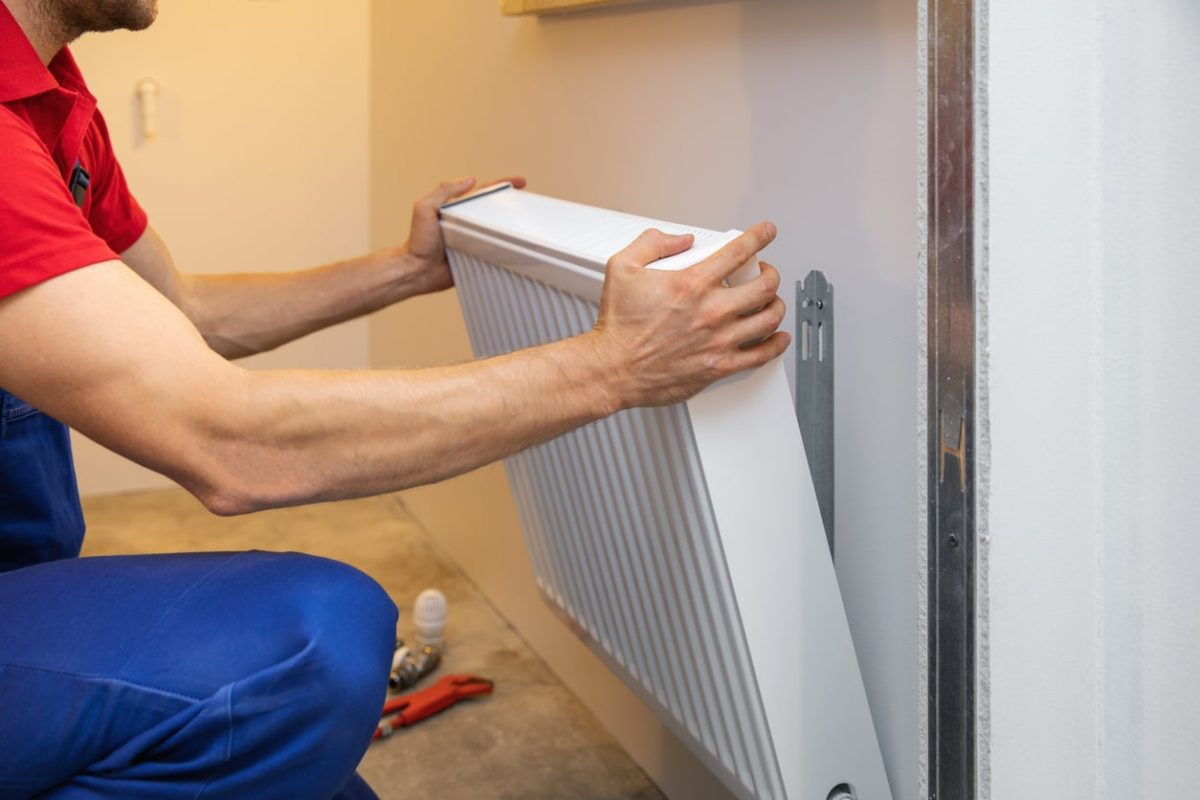As wintry conditions descend upon the United States, nursing homes across the country are preparing for the worst. Loss of electrical service to long-term care facilities can negatively impact the health and safety of residents, particularly when freezing temperatures are present. To combat the potential loss of heating systems due to electrical outages or heater maintenance issues, portable heaters are sometimes employed. Nursing home managers should be aware of the safety hazards these devices bring with them. Just as nursing home insurance is a vital part of risk management, so too is the selection and operation of portable heating devices for use in facilities. Here are some tips to help keep nursing home residents safe during the winter months.
Portable Heaters: Types and Potential Hazards
Portable heaters take several forms, including both electrically-powered and gas-fired units. Gas units, although not often used in home or healthcare facility settings, may still be found, particularly in rural communities. These devices use propane or liquefied natural gas to generate heat. Electric heaters are more common, and are plugged into wall outlets or emergency generators; some may even use battery power to produce heat. Electric and gas-fired heaters may use convection to move warmed air through an interior space, or they may generate radiant infrared heat for more direct heating. Sometimes referred to as space heaters, these devices allow users to keep room temperatures at a comfortable level. They may be used to supplement existing heating systems or utilized in emergencies such as when building heating systems are inoperable. For seniors sensitive to cold temperatures, these devices can be of great benefit.
Portable heating devices often have safety features built-in, such as tip-over sensors that cut power if the device is knocked over. Still, space heaters can be risky. According to the National Fire Protection Association (NFPA), 80 percent of all winter heating fire deaths are caused by portable heating devices, and up to one-third of all house fires in winter are started by space heaters. In nursing homes, the use of these heating devices can have devastating consequences.
Regulations Governing Space Heaters in Long-Term Care Facilities
Nursing home insurance policies protect facilities, their staff members, and residents from a wide range of risks. They may not provide ironclad coverage, however, especially when nursing homes violate established standards. The use of space heaters may be one area of risk that facility managers overlook.
Although portable heaters may be found in nursing homes and other skilled-care facilities, their use may be prohibited by state and federal regulations. In particular, they are forbidden from use in healthcare facilities that must comply with the NFPA Life Safety Code and in accordance with regulations mandated by the Centers for Medicare and Medicaid (CMS) – with two notable exceptions:
- Space heaters can be used in non-sleeping staff and employee areas;
- Heating elements of such devices cannot exceed 212 degrees Fahrenheit.
In other words, they may be used only by staff members and only in very limited circumstances – and never in resident/patient rooms according to the Life Safety Code/CMS regulations.
Use of Space Heaters in Nursing Homes: Safety Tips
For nursing homes and long-term care facilities that are not governed by the NFPA/CMS regulations described above, space heaters may be used. These devices should still be treated with extreme caution, however; even with safety features, their potential for starting a life-threatening fire cannot be overstated. Here are some tips for safe space heating use:
- Ensure all portable heaters are away from flammable materials, including bedding, drapes, and furniture.
- Keep portable heaters away from combustible chemicals.
- Use space heaters only on hard-surfaced flooring (tile, laminate, etc.) and never on carpeted areas. Place a heat-resistant pad underneath the heater where possible.
- Make sure smoke and carbon monoxide detectors are present and in working order.
- Practice emergency escape plans with residents and staff, including fire drills.
- Minimize the use of portable heaters in winter by ensuring building heating systems are properly maintained and functioning correctly. Redundant power supplies, such as emergency building generators, are a great solution in areas that may experience severe winter weather.
Along with the comprehensive coverage provided by nursing home insurance, facility managers have a duty to enact risk management strategies to protect residents and staff. Portable space heaters represent a significant risk, and even though they do have several benefits, their drawbacks are simply too big to ignore. Facility managers should seek safer alternative heating methods in emergency situations.
About Caitlin Morgan
Caitlin Morgan specializes in insuring assisted living facilities and nursing homes and can assist you in providing insurance and risk management services for this niche market. Give us a call to learn more about our programs at 877.226.1027.


